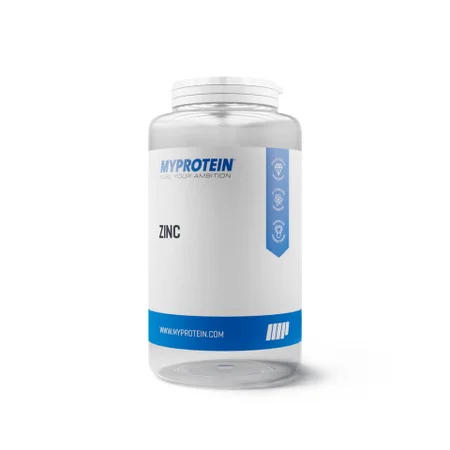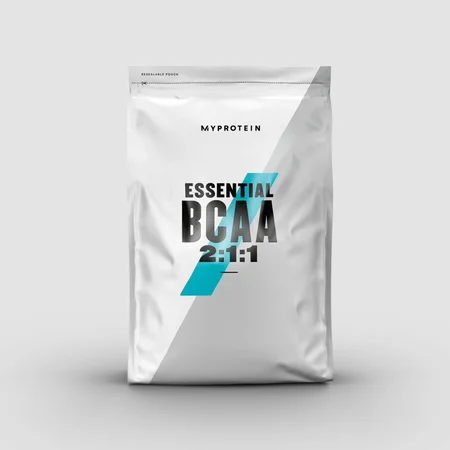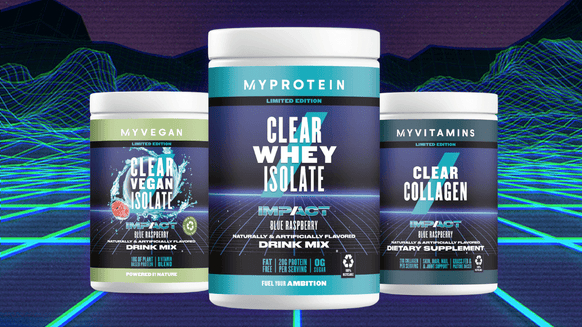
With all the beating we put our body through, whether it be lifting heavy weights in the gym, the pounding on our joints from running or even the constant grind of going to work every day, the most important part about a fitness life is being able to recover properly. Not only do we want to recover properly but we want to come back faster and more efficient.
After all, we don’t actually grow inside the gym or lose weight while on the treadmill; the results come from proper nutrition and even supplementation. With supplements all the rage right now, there are certain ones that do provide the best opportunity to rebuild muscle and recover over a good night’s rest.
Casein protein is a protein that is ideal for taking right before bed. Casein is the slowest-digesting form of protein available that you can digest and is best before bed when your hormone levels are regulated and have the optimal time for recovery. Since it is so slow-digesting (it can take up to 7 hours) it can also be used as a meal replacement when you’re not going to be having a meal for over 3 hours. Getting in the powdered form is probably most readily-available form but cottage cheese and low-fat paneer cheese are great forms as well.
Casein differs from whey protein in that the amino acid profile is drastically different in how quickly the nutrients are presented in the blood stream. With whey protein, it provides a quick spike in getting those nutrients rushed into the body. Casein is often referred to as anti-catabolic because it provides a steady flow of nutrients that keep feeding for hours on end.

ZMA or Zinc-Magnesium is one of the most cost-efficient ways to promote a great night’s sleep. Usually taken as a capsule form, ZMA helps regulate the deepest sleep levels throughout a night’s rest. The importance of deep sleep is that during this time, the levels of growth hormone (GH) within the body are increased. The greater the level of growth hormone the greater the opportunity for the body to be able to repair and build lean muscle mass.
While supplementing with ZMA, you will experience other contributions such as increased strength, size and endurance. There are multiple professional sports programs that suggest taking ZMA as a performance enhancer as an alternative due to ZMA being a natural testosterone booster that your body already produces.

BCAA is a supplement you probably are familiar with taking intra-workout or even throughout the day to recover from a grueling workout. What you may not know is that BCAAs before bed is a great way to supplement - especially for recovery. With all of the fibers that have been ripped to shreds, BCAA helps to combat the muscular breakdown and promote overall protein synthesis.
If you work out earlier on in the day, your body is probably already feeling sore and aching. Taking BCAAs in the evening will help alleviate some of these pains to a point where you’ll be able to smash your next gym session the following day.
Your overall testosterone level is constantly increasing due to the release of hormones when you lift, which also means your cortisol level is elevated due to amount of stress put on central nervous system. Cortisol plays a vital role in weight control, blood pressure, muscle and bone health and overall recovery.

Glutamine is under-used, because of all its anabolic properties, you should definitely consider using it! Like BCAA’s, glutamine is one of the sole amino acids that provides added levels of growth hormone and aiding in recovery.
One of the reasons to replenish with glutamine is due to loss of it during intense exercise. While glutamine is a great supplement for those in their bulking season, it plays an even more vital role in those wishing to slim down and burn fat while still retaining as much muscle mass as possible.
Glutamine goes hand-in-hand with recovery so add 5 grams to your post workout shake as well as your casein shake in the evening to help your body recover to its max.










